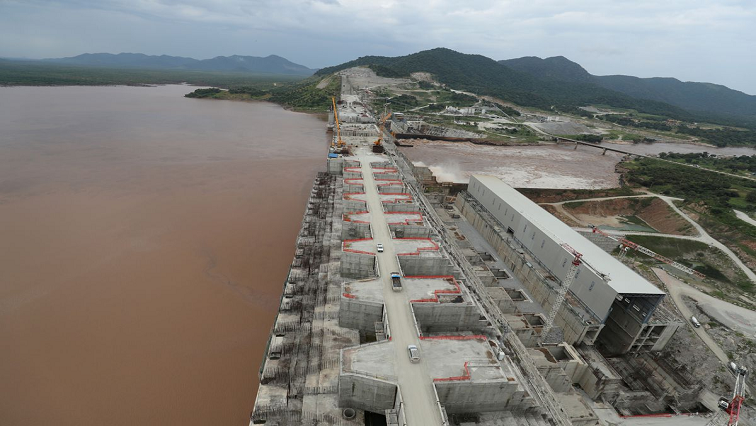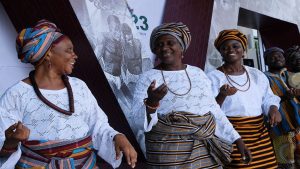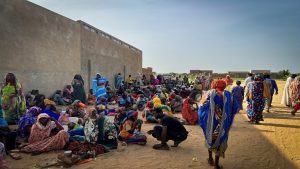The UN Security Council says it will support attempts by the African Union to mediate talks between Egypt, Ethiopia, and Sudan as they try to resolve a long-running dispute over the operation of the Great Renaissance Dam.
Egypt had called on the Security Council to intervene after discussions stalled.
Both Egypt and Sudan are opposed to what they call unilateral decisions by Ethiopia to operate its 6 000 MW dam on the River Nile.
Outstanding issues include a dispute resolution mechanism as well as the management of the dam during protracted drought.
Tensions erupt between Sudan and Ethiopia over the Nile dam:
Ethiopia has begun filling the dam for the second time. This action is opposed by Egypt and Sudan – that say any further filling should occur only in the context of an agreed framework.
Ethiopia’s Minister of Water, Seleshi Bekele, defended the decision to the UN Security Council, saying Ethiopia believes in equitable utilisation of the Nile waters.
“When you see it from Ethiopian context, we contribute 77 billion cubic meters of water to the Nile. It is only fair to take 13.5 to fill our dam. We are not building a white African elephant – not to fill the dam, but actually, fill and operate it and utilize it,” says Bekele.
The decision by the Security Council – to support the African Union in its attempts to mediate takes the three countries back to the table for discussions. But previous attempts by the continental body have yielded very little progress.
Egypt says the dam risks restricting water flow to the country and Sudan claims it could affect the nation’s abilities to operate dams of its own. Ethiopia, though, says the dam is a matter of livelihood for its citizens.
Bekele says: “65 million people are without electricity but if you go downstream, there is 100% access to electricity. Hydropower is one of the solutions. If you take Drinking water about 25 million people are without access to clean water in Ethiopia. We have to drink water, we have to treat it and provide solutions for our people.”
Ethiopia has refused to honour the colonial agreement of 1959 that gave Egypt 85% control over the River Nile and Sudan 15%. The conflict began in 2011 when Ethiopia began constructing the dam. A decade on, it continues.






